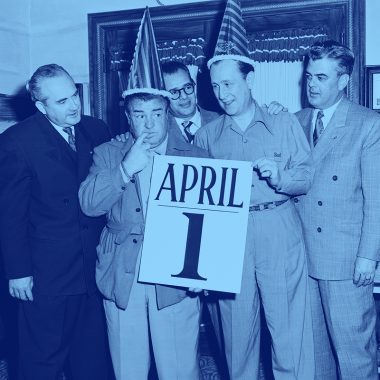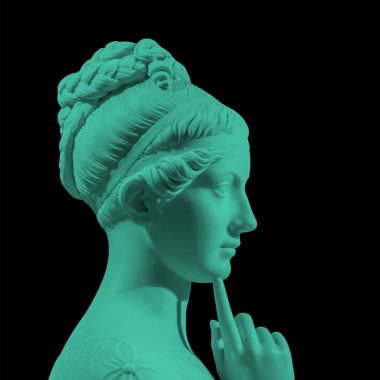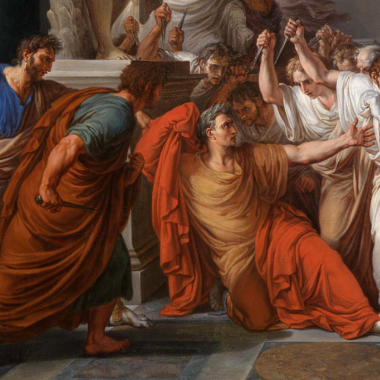The Evolution of Skyscrapers
Skyscrapers, towering symbols of human ingenuity and ambition, are more than just buildings — they are monuments to technological progress, urbanization, and architectural innovation. The history of skyscrapers is a tale of pushing boundaries, both literally and figuratively, as architects, engineers, and city planners have strived to build higher with greater efficiency and aesthetic appeal. This article delves into the history of skyscrapers, explores the …











